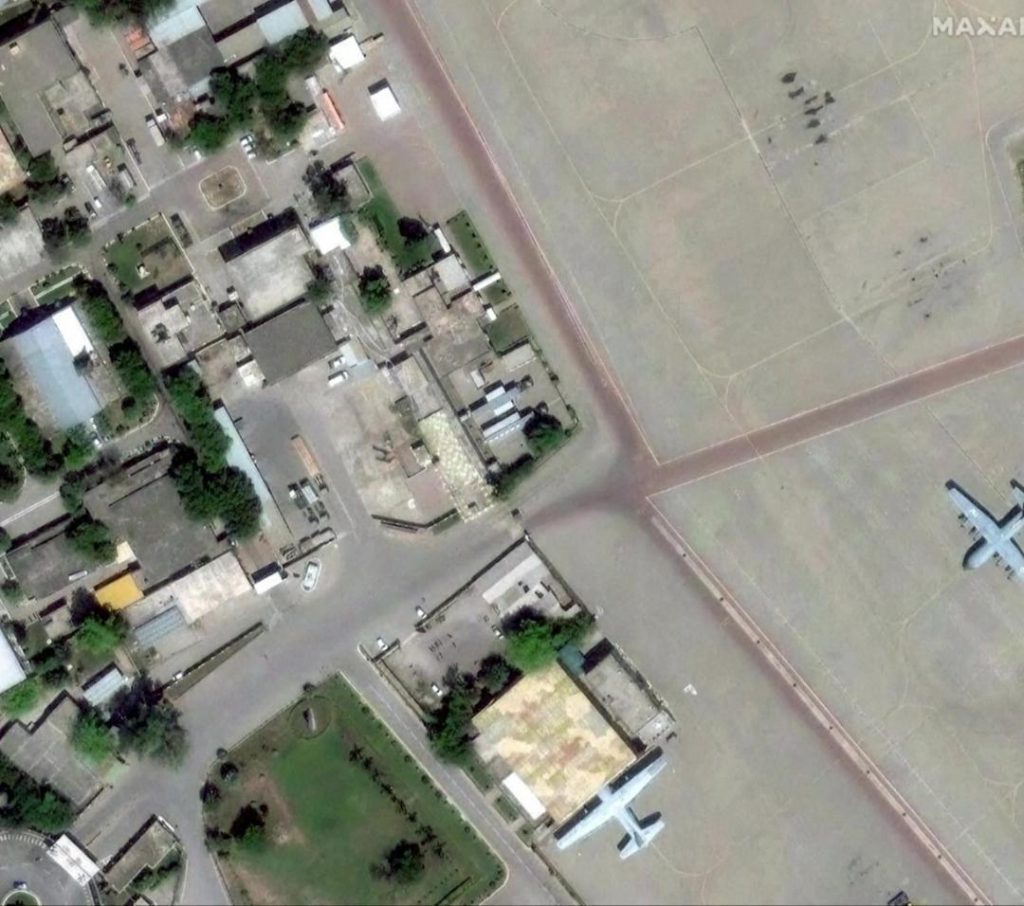
Air Defence Systems of China & Pak No Match for India’s BrahMos: Expert
In a recent development, the Indian military’s precision strikes against Pakistan’s air bases have left many experts stunned. The operation, codenamed “Sindoor”, saw India utilizing its BrahMos missiles to devastating effect, showcasing the country’s military prowess. According to American urban warfare expert, Colonel (Retd) John Spencer, the defence systems of China and Pakistan are no match for India’s BrahMos missile.
In an interview, Colonel Spencer praised India’s military operation, stating that China’s air defence systems are sub-par compared to India’s. He emphasized that India’s message was clear: it can hit anywhere in Pakistan anytime. The expert’s remarks have sent shockwaves across the region, with many analysts reevaluating the military capabilities of the two nations.
For those unfamiliar, BrahMos is a supersonic cruise missile developed by India in collaboration with Russia. It has a range of over 300 kilometers and can travel at speeds of up to Mach 2.8. The missile’s impressive capabilities make it a formidable weapon, capable of penetrating even the most advanced air defence systems.
The recent operation saw India utilising BrahMos missiles to target key Pakistani air bases, causing significant damage and disrupting the country’s military infrastructure. The strikes were precise, with minimal collateral damage, showcasing India’s military’s ability to conduct surgical strikes.
Colonel Spencer’s comments have sparked a renewed debate about the military capabilities of China and Pakistan. Many experts have long questioned the effectiveness of China’s air defence systems, citing concerns over their vulnerability to advanced missile systems like BrahMos.
Pakistan, too, has faced criticism over its military’s capabilities, with many experts doubting its ability to counter India’s military might. The country’s air force has been plagued by issues with its fighter jets, with many of them being older models. Additionally, Pakistan’s air defence systems are largely based on Chinese technology, which has been shown to be inferior to India’s.
In contrast, India’s military has invested heavily in its air defence systems, developing advanced capabilities such as the S-400 Triumf surface-to-air missile system. The S-400 system is capable of detecting and tracking multiple targets simultaneously, making it one of the most advanced air defence systems in the world.
India’s military has also developed a robust network of radar systems, which provide real-time intelligence on enemy aircraft and missile movements. This allows Indian air defence systems to respond quickly and effectively to incoming threats.
Colonel Spencer’s comments have also highlighted the importance of India’s military doctrine, which emphasizes the use of precision strikes to achieve strategic objectives. The country’s military has developed a range of precision-guided munitions, including BrahMos, which allows it to target specific enemy assets with minimal collateral damage.
The operation “Sindoor” has sent a clear message to both China and Pakistan: India is capable of conducting precision strikes against any target, anytime, anywhere. This has significant implications for regional security, as it demonstrates India’s ability to project power and deter aggression.
In conclusion, Colonel Spencer’s remarks have provided a valuable insight into the military capabilities of China, Pakistan, and India. While China and Pakistan may have advanced air defence systems, India’s BrahMos missile has proven to be a game-changer, capable of penetrating even the most advanced air defence systems. India’s military doctrine, which emphasizes the use of precision strikes, has also been showcased, highlighting the country’s ability to achieve strategic objectives with minimal collateral damage.
As the regional security landscape continues to evolve, it is clear that India’s military will remain a key player. With its advanced air defence systems, precision-guided munitions, and robust military doctrine, India is well-equipped to defend itself against any aggression.
Source:



